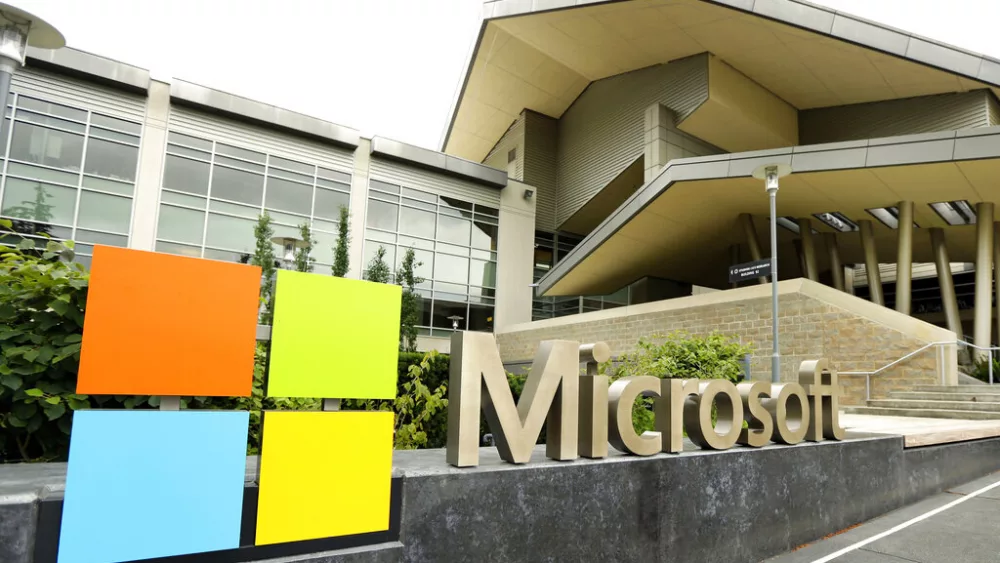The Federal Trade Commission is warning about possible scams related to President Biden’s recent announcement about student loan debt relief.
Keep in mind: The program hasn’t started yet; the Department of Education is still working on all the details.
“So, if you’re approached by somebody claiming that they can help you with this program or that they’re representing the government, hang up. If it’s a text, delete it, because it’s not true,” said cyber security expert Adam Levin, host of the What the Hack podcast. “Anyone who is trying to use this as an opportunity to scam you is going to ask for either personal information or money – in order to move you to the head of the line…or give you complete debt forgiveness, or more than the government is offering.”
Remember, you don’t have to do anything, or pay any money to sign up for the new program once it begins. No one can get things started early, or speed up the process, or guarantee eligibility. Only a scammer would promise that.
“If someone promises to get you to the head of the line, they’re giving you a line, so run away as fast as you can,” Levin said.
Once the forgiveness program is ready to launch, the Department of Education will post information on its website. Sign up for alerts now, and you’ll be notified when it’s ready.
More Info:
Did you hear about the student loan announcements? Scammers did, too
Beware of Scammers Trying to Capitalize on Student Loan Forgiveness
If you get a call, text, email, or social media message and don’t know what to do, call the AARP Fraud Watch Network Helpline at 877-908-3360 before you provide an unknown caller with information or money. You do not need to be an AARP member to use this free service.






